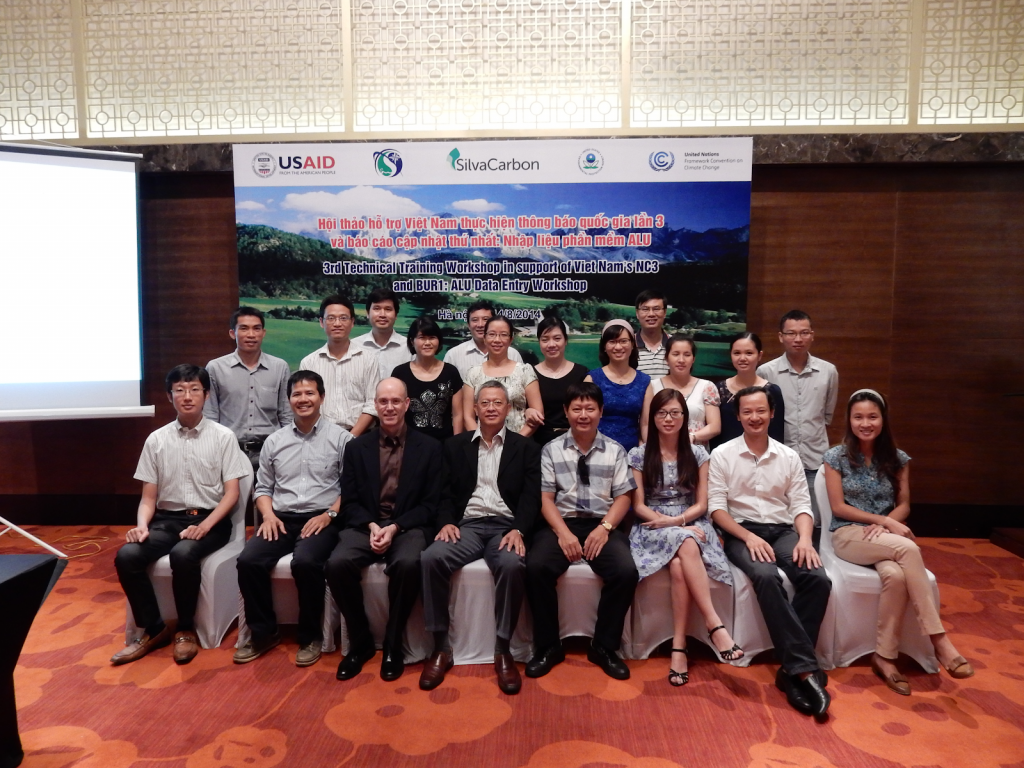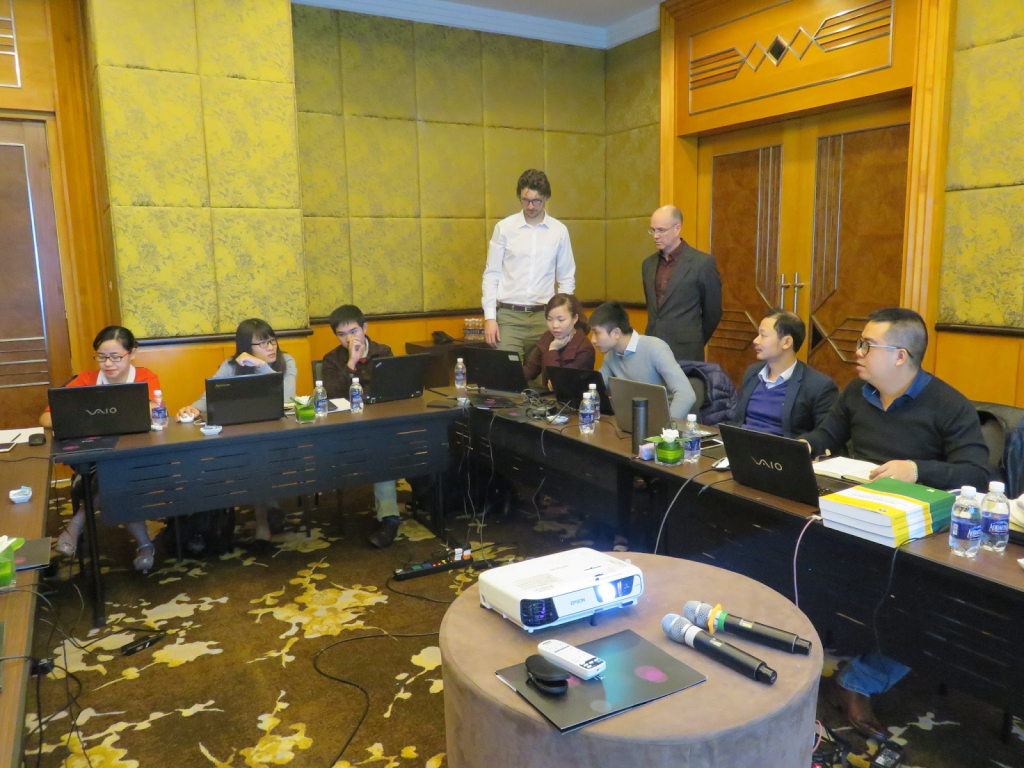Fifteen Years of the Agriculture and Land Use National Greenhouse Gas Inventory Software (ALU)
Dr. Stephen Ogle, Colorado State University, CO, USA
The Agriculture and Land Use National Greenhouse Gas Inventory software, or ALU, was developed by Dr. Stephen Ogle and colleagues at Colorado State University starting in 2005 as part of a capacity building project in Central America. Dr. Ogle was at that time an author on the 2006 Intergovernmental Panel on Climate Change (IPCC) Guidelines for National Greenhouse Gas Inventories. He understood very well the complexity of conducting a greenhouse gas (GHG) inventory for the Agriculture, Forestry and Other Land Use (AFOLU) sector, and wanted to find a way to help compilers with the task. He envisioned that a software package could manage activity data in a relational database with an interface that had automated features to guide the compiler through the inventory process and identify errors. In turn, this could improve the transparency and application of methods in the IPCC Guidelines, help the compiler avoid errors, and facilitate the use of good practices established by the IPCC.

The US Agency for International Development and US Environmental Protection Agency agreed with this vision and ALU was born. These agencies have continued to fund enhancements to the software over the last 15 years, such as generating emission reports, quantifying uncertainty, importing spatial data on land use from geographic information systems, incorporating enhanced characterizations for livestock to derive country-specific emission factors, and projecting GHG mitigation potentials.
ALU is designed to guide the inventory compiler through the process of compiling activity data about human actions influencing GHG emissions, assigning default or country-specific emission factors, which are the rates of emissions per unit of the activity, and applying the IPCC equations to calculate emissions. In addition, ALU emphasizes conducting a complete inventory for the AFOLU sector with consistent methods across the time series, quantifying uncertainty in emissions estimates, following quality control and quality assurance procedures, as well as documenting and archiving the inventory data. All of these steps are integral to IPCC good practice guidance for GHG inventories.
The application of ALU has helped inventory compilers to better understand and apply IPCC inventory methods in many countries throughout Central and South America, Africa and Asia, through a variety of capacity building projects funded by the US government, UNFCCC and other partners. Further, some countries have used the software for reporting their emissions to the UN Framework Convention Climate Change (UNFCCC), or in some cases as an independent check on the reported emissions. For example, the Socialist Republic of Vietnam has used the software to compile the inventory for their last Biennial Update Report and are currently working with Dr. Ogle to further enhance their capacity to apply ALU for their next GHG inventory.

After 15 years, you might think that Dr. Ogle and his team would be ready to move onto other activities, but they still have a strong desire to help countries improve their GHG inventories as the global community struggles with ways to deal with climate change. While a fully operational version of ALU is freely available, ALU is also being re-envisioned by the team to develop the next version of the software. The goal is to make ALU more user-friendly, expand the GHG mitigation analyses, and incorporate refinements to the inventory methods developed by the IPCC, such as those found in the 2019 Refinement to the 2006 IPCC Guidelines report. These, and other enhancements to ALU, are being developed to make the compiler’s job easier to produce a high quality GHG inventory that is transparent, accurate, consistent, comparable and complete in support of climate change negotiations, policy development and implementation.
For more information, or to download a free copy of the ALU software, visit here and register to become a member of the ALU software community.
